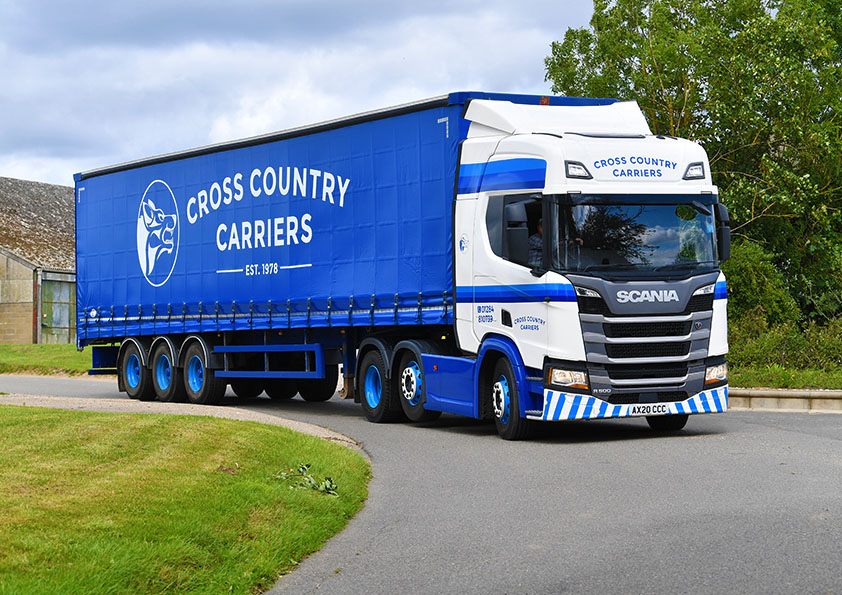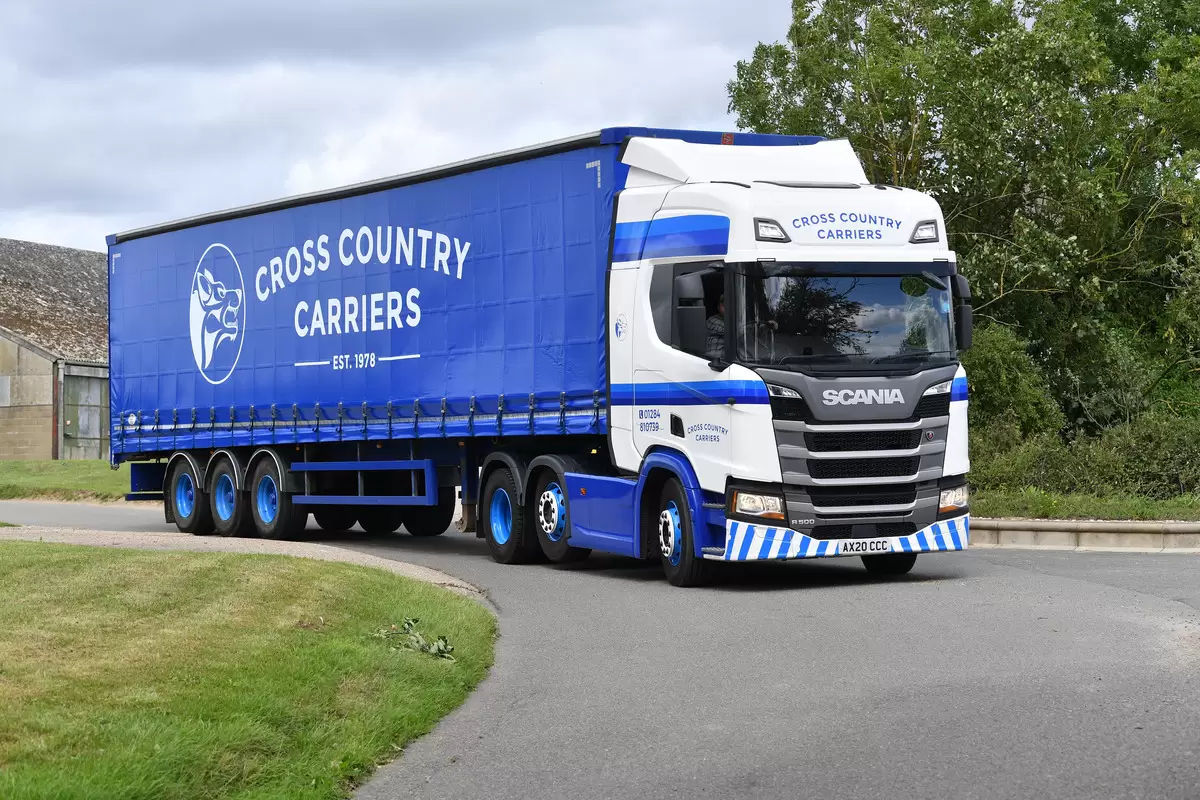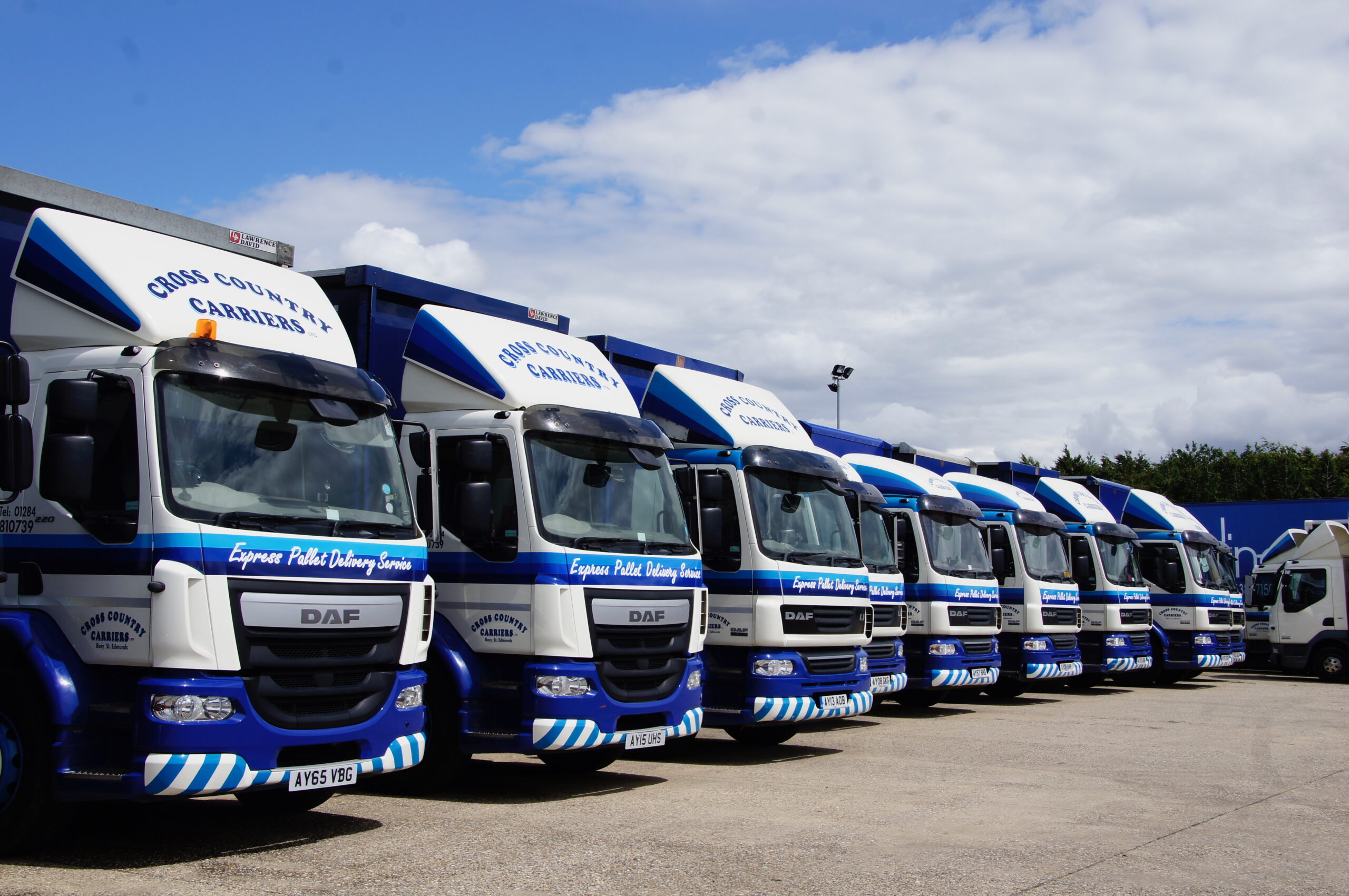
Logistics UK have released their Skills and Employment Report 2021 which takes a look back over the past year at key developments and trends that affect both employers and consumers of the logistics sector.
Obviously, one big topic from last year was the driver shortage, as well as the impacts of COVID-19 and Brexit. As the main backbone of the nation’s economy, it is interesting to see how the industry has adjusted, adapted and bounced back from these disruptions.
Statistics from the Logistics UK Sector Report
Employment in Logistics
The overall number of HGV and forklift drivers decreased substantially in 2021, in addition to managers and directors in storage and warehouse. Looking more closely at forklift drivers, there were 23.7% UK nationals and 49.3% EU nationals representing a fall of 31.5% compared to previous years. Another decrease includes 23.5% fewer HGV drivers compared to Q2 2019 however, the number of drivers leaving began to ease with a drop of just 44,000 compared with Q3 2019.
When it comes to the impacts of COVID-19 and Brexit, these events have had significant impact on the European employment statistics. Since the high of Q2 2005, the number of HGV drivers in employment has fallen by 94,000. Drivers have returned to the EU resulting in the number of EU nationals working in UK logistics to be around 288,000 or 11.2% of the logistics workforce, down from 13.5% before the COVID-19 pandemic in Q2 2019.
HGV Driver Shortage & Profile
The HGV driver shortage actually stems back to the recession in 2008 where drivers left the industry and didn’t return when the economy began to recover. Although COVID-19 and Brexit have had an acute effect on the employment levels recently, logistics companies have raised pay in order to retain existing staff and attract new drivers.
Skills, Shortages & Vacancies
In August to October 2021, the estimated number of vacancies in the UK was 1.2 million, which is the highest since records began – and these vacancies are proving difficult to fill due to skills shortages caused by COVID-19 and Brexit. Not only are logistics businesses reporting HGV driver recruitment problems, but for other vital roles too, like warehouse staff, van drivers, fitters, mechanics, technicians, forklift drivers and transport managers.
Changes Made to Tackle These Issues
Increasing Number of Driving Tests
The number of driving tests taking place has increased as there have been changes made to accommodate the time for this, including offering overtime, allocating additional employees into testing, changing the law on towing a trailer with a car, staging of HGV tests, and who can test the off-road exercises. As well as this, processing of provisional HGV driving licences at DVLA has been prioritised, so results are quicker.
In doing so, practical tests increased by 25.6% in Q3 2021 compared to 2019, with 9,391 tests taking place in October 2021 alone. Applications for vocational provisional licences are also reported to be three times higher than pre-pandemic levels and renewal applications have risen by 25%.
Granting Temporary Visas
5,000 visas were available to lorry drivers until the end of February 2022, with a further 5,500 applied for by poultry workers that would last until 31st December to help support the fuel, food and goods shortages we experienced at the end of the year.
Altering Cabotage Rules
Cabotage refers to road haulage solely within one country by a vehicle registered in another country. In order to tackle supply chain problems, Transport Secretary Grant Shapps announced plans in October 2021 to allow foreign lorry drivers to make an unlimited number of pick-ups and drop-offs within a fixed period in the UK. Now, the Government is proposing EU hauliers would be allowed to pick up and drop off goods an unlimited number of times during a two-week period, before the driver is required to leave the country.
Logistics Sector & Cross Country Carriers in 2022
“2021 has been an unprecedented year for all. At Cross Country Carriers, we have taken all and any obstacles in our stride and continued to deliver excellent service to our customers.
We saw an incredible spike in volumes in March of 2021; this spike was industry-wide and we pride ourselves in our action and ability to keep our depot successful through the challenging period. There have been several uncertainties and interruptions to service – Brexit, COVID-19, and fuel shortages to name a few.
We thank our customers and staff for their incredible support, patience, and hard work. This support has been pivotal in Cross Country Carriers success this year.
As we look into the new year, we have learned that we can never truly prepare for the events and changes that may occur. However, we have the knowledge and assurance that our depot and staff can continue to meet and exceed customer needs as we have in previous years.
We would like to take this opportunity to wish our customers, suppliers, and staff the best for the new year and thank you all for your immense support.”
Cross Country Carriers
To find out more information about our services, please click here or if you have any questions, please contact us today.


